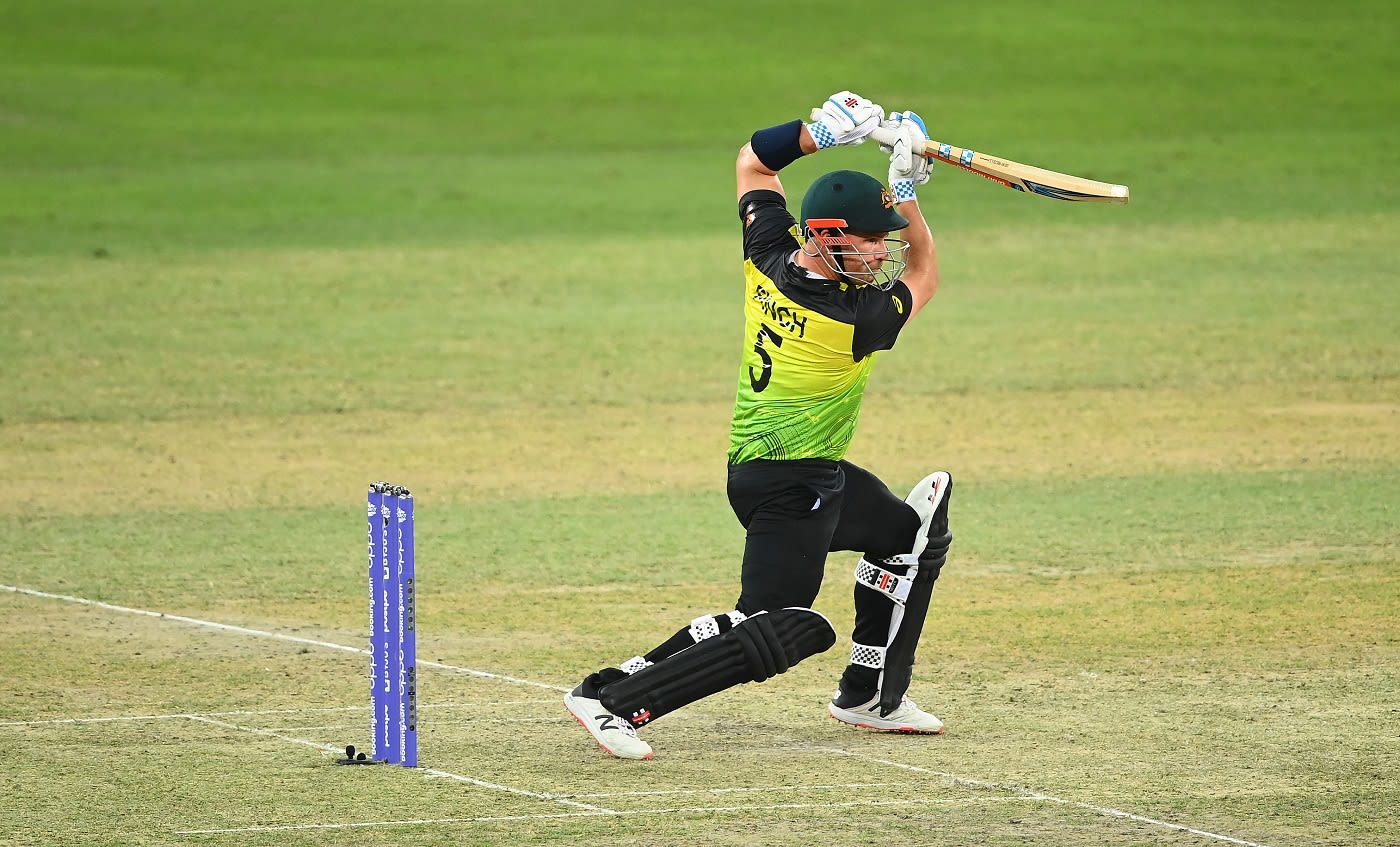Big Picture
If anything, this World Cup is a reminder of the number of chances modern cricket offers.
And yet, one of them could be a world champion on Sunday. Well, actually Monday in their home countries (the final begins at 1am on Australia’s east coast and at 3am in New Zealand).
No matter how crushing a defeat, it is not the end of the world in today’s cricket where World Cups of one format or the other are played practically every year. Hasan Ali, Chris Jordan, we are looking at you. You dust yourselves up, start to play good cricket again and, with some luck, you get that chance again. Especially in T20 cricket, prone to upsets and chance because of the crunched nature of it.
This is New Zealand’s third straight ICC event final, and Australia’s first since they won the World Cup in 2015, but they have made it here in identical fashion. Finishing second in their groups, they got the better of the tournament favourites in the semi-finals through a dash in the final four overs, helped significantly by the toss.
This has been the friendliest of all T20 World Cups to sides winning the toss: if the final is also won by the side winning the toss, two out of every three matches will have been won by the toss-winners.
Restrict it to evenly matched teams and take out Sharjah, and only one total has been defended out of 14 in the Super 12s. They don’t come more evenly matched than these two. If Australia have the extra batting depth, New Zealand have a more rounded bowling attack, the most economical of the tournament. Usually batting depth trumps rounded attacks in T20 contests, but this has been the slowest-scoring T20 World Cup of all, which gives bowling-heavy teams a chance.
Form guide
Australia WWWLW (last five completed matches, most recent first)
New Zealand WWWWW
In the spotlight
Team news
Australia don’t have a reason to change their XI with Glenn Maxwell, Mitchell Marsh and Marcus Stoinis providing them a fifth bowler and Matthew Wade at No. 7 making it a reasonably deep batting line-up.
Australia (probable) 1 David Warner, 2 Aaron Finch (capt.), 3 Mitchell Marsh, 4 Steven Smith, 5 Glenn Maxwell, 6 Marcus Stoinis, 7 Matthew Wade (wk), 8 Pat Cummins, 9 Mitchell Starc, 10 Adam Zampa, 11 Josh Hazlewood
New Zealand (probable) 1 Martin Guptill, 2 Daryll Mitchell, 3 Kane Williamson, 4 Tim Seifert (wk), 5 Glenn Phillips, 6 James Neesham, 7 Mitchell Santner, 8 Tim Southee, 9 Adam Milne, 10 Trent Boult, 11 Ish Sodhi
Pitch and conditions
We should get a fresh pitch, which should be good for batting. Even though there wasn’t much dew during the semi-final in Dubai, chasing remains the preferred option.
Stats and trivia
Quotes
“It’s not unexpected: we came here with a clear plan to try and win this tournament and always felt as though we had the depth and quality in our squad to put ourselves in a position to do that, and New Zealand have been in every final for a long time now in ICC events. They’re a great team over all three formats and can never be underestimated, but maybe people on the outside do.”
Aaron Finch objects to the suggestion that Australia vs New Zealand is an “unexpected” final
Sidharth Monga is an assistant editor at ESPNcricinfo
